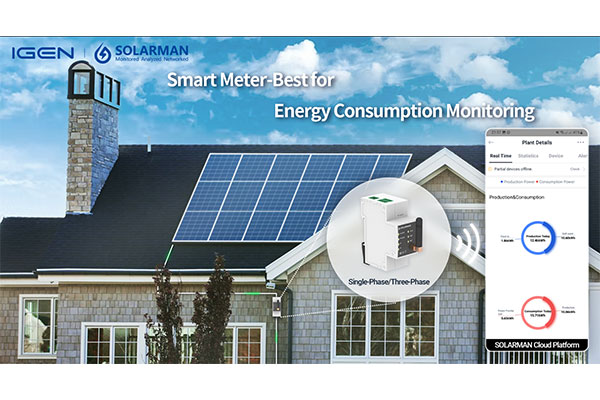A smart meter is an electronic device used to measure electricity/power consumption that can communicate with smart grids to enable real-time monitoring and control of energy usage. Smart meters can also provide detailed data on energy usage to help users better manage their energy consumption.
Here are some common classifications of smart meters:
Based on communication technology:
PLC (Power Line Communication) smart meters: communicate through power lines.
RF (Radio Frequency) smart meters: communicate through wireless RF signals, such as ZigBee and Wi-Fi.
GPRS (General Packet Radio Service) smart meters: communicate through the GPRS network and require SIM card support.
NB-IoT (Narrowband Internet of Things) smart meters: communicate through the NB-IoT network.
Based on functionality:
Basic smart meters: can only measure electricity consumption.
Advanced smart meters: can provide real-time monitoring, remote control and alarm functions, as well as data transmission and storage functions.
Multifunctional smart meters: can measure multiple electricity parameters, such as voltage, current, power factor, etc.
SOLARMAN Smart Meter is a smart meter that specially designed for monitoring electricity production and consumption in solar power systems. It is able to collect and transmit data in real time, providing a more comprehensive and accurate monitoring of energy consumption.

